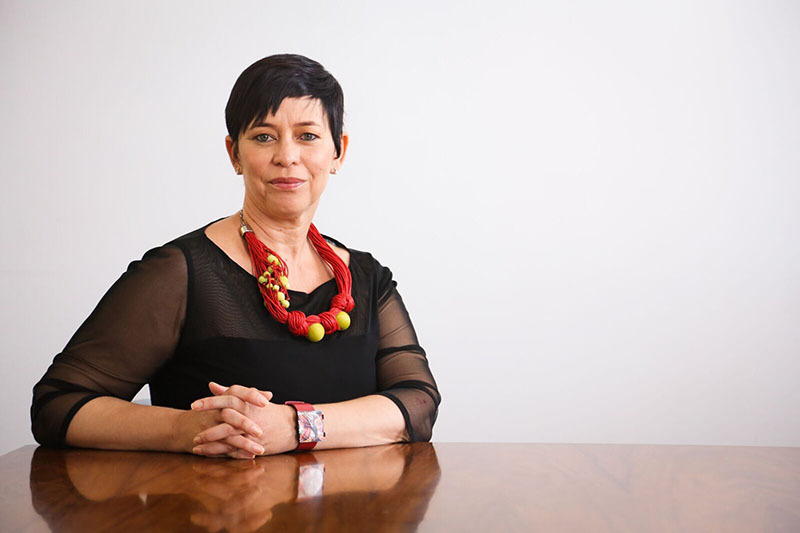Transformation Report 2018
17 April 2019 | Professor Loretta Feris
Dear colleagues and students
The University of Cape Town (UCT) is committed to transformation that is actionable and measurable and that builds on how the university community teaches, learns, researches and coexists. While transformation falls under the office of the Deputy Vice-Chancellor: Transformation, we also realise that transformation is an evolving process; that there is no silver bullet and that the journey of transformation is a life-long commitment. As such, we constantly re-evaluate and adapt our policies, processes and actions to ensure that UCT is responsive to the current academic, social and economic realities of staff and students. It is with this evolving context in mind that UCT’s transformation approach is one that decentralises the accountability of change. In other words, transformation is only possible if it is pursued in every faculty and department.
To try to understand the breadth and scope of transformation at UCT, the university compiles a report on transformation every year. This report helps us to more accurately frame our thinking about challenges and experiences at UCT to better accomplish real change at the university.
The Transformation Report 2018 has just been completed. The report not only focuses on demographics but also addresses the need for institutional culture change, which is grounded in six key areas: students and staff access support and success, place and space, institutional responses to discrimination and harassment, community engagement and partnership with community, owning our African identity, and curriculum support (including the development of inclusive classrooms).
It also highlights specific interventions and plans that the university has implemented with regards to governance and the role of implementation structures; policies, procedures and systems; capacity and resources for transformation committees’ work; and institutional culture change.
For example, a key development is the new three-year Employment Equity (EE) plan (2019–2021), which was developed after concerns were expressed about the 2015–2020 EE plan. Another example is the online sexual violence and discrimination case management tool developed by the Office for Inclusivity and Change in 2018, which we envision will inform programming, disciplinary processes and prevention responses.
Overall, the university remains committed to the transformation project, which we are admittedly still grappling with, in order to create a campus that embraces social justice and is an inclusive, safe space where all staff and students feel they are respected and valued.
Read the Transformation Report 2018.
Sincerely
Professor Loretta Feris
Deputy Vice-Chancellor: Transformation
Read previous communications:
 This work is licensed under a Creative Commons Attribution-NoDerivatives 4.0 International License.
This work is licensed under a Creative Commons Attribution-NoDerivatives 4.0 International License.
Please view the republishing articles page for more information.








